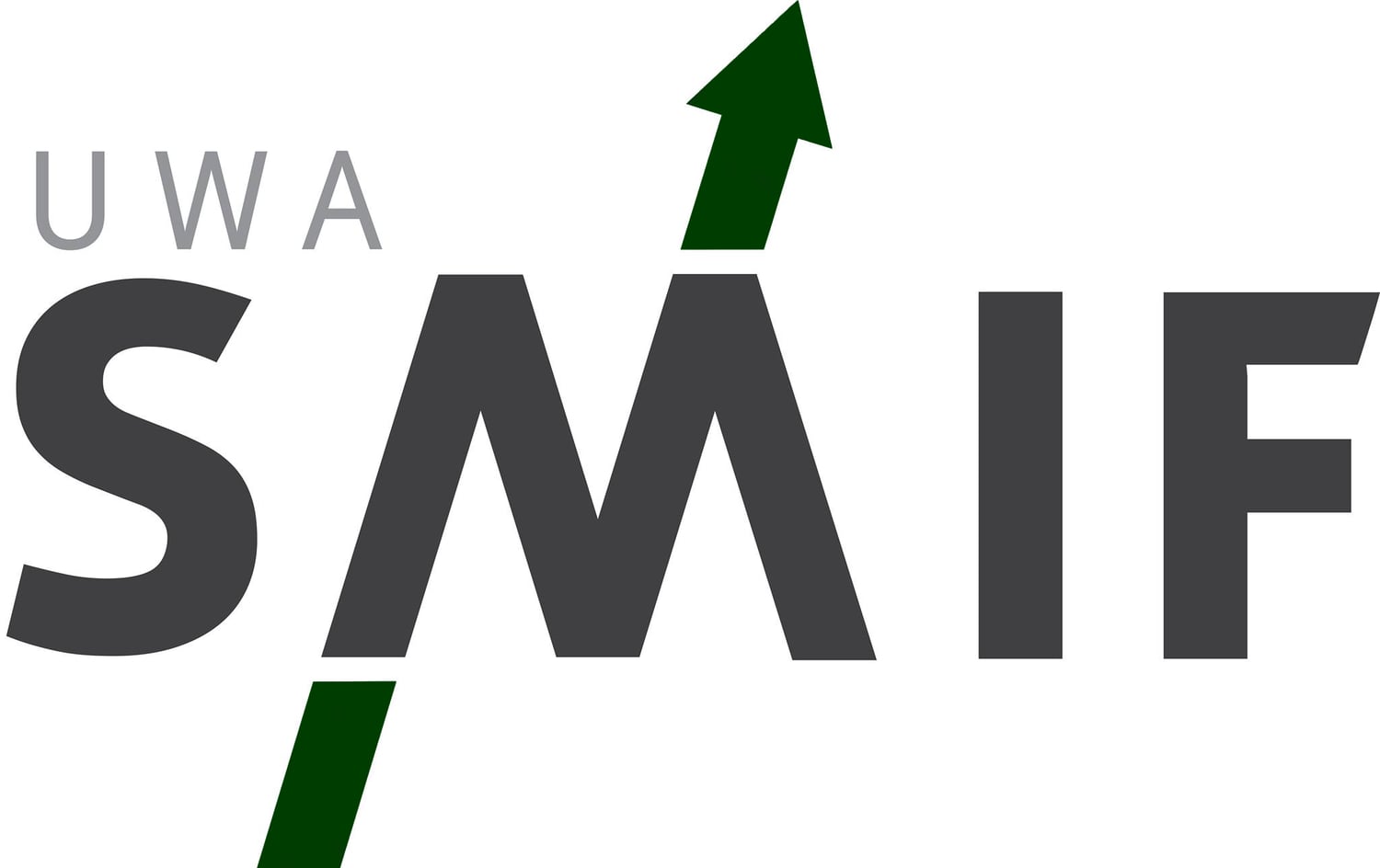West Texas Intermediate Crude Oil fell $70 per barrel, from $107 in June 2014 to $37 in August 2015. What has caused this shift, and what affect does it have on global monetary policy stances?
Price has since partially recovered and, after ranging sideways for all of September, has broken out to the upside, currently tapping on $50 per barrel. WTI has rallied $12 since late August, representing a retracement of less than 20% of the aforementioned decline. Whether the oil price continues to the upside or resumes its bearish trend is a question on many traders’ minds. Regardless of whether the price trends higher or lower, the effect on monetary policy will be significant given this current climate of low inflation in which headline CPI is highly susceptible to moves in the oil price.
The direction of oil, as with any commodity, is determined by two factors; supply and demand. The latest report from US Energy Information Administration showed output decreased for September yet inventories rose. Most analysts are expecting supply to increase over the near term and claim that any rallies in oil will be short-lived. Expectations are that the current oversupply will remain until at least next year and could be exacerbated by further increases in output.
On the demand side, slowing growth in China has a large impact on demand for oil. Indeed slowing growth in China has precipitated a fall in all commodities, especially resources. In addition to China, slowing growth globally will put downward pressure on oil; should we see falls in GDP forecasts for other behemoth economies such as Europe, the US and Japan, then demand for energy will likely decline.
On the supply side, OPEC – namely, Saudi Arabia – have refrained from cutting supply, this has significantly helped the oil price fall. OPEC now see little growth in non-OPEC supply in 2016 which should help support prices. In early October the International Energy Agency said that upstream investment saw its greatest drop in history. This is another factor that may indicate some near-term upside in oil.
On the other face of the supply coin, if sanctions are lifted on Iran, the market may see another 500,000 barrels per day in supply. Meanwhile Russia’s oil output reached a new record high for the post-Soviet era, pumping out over 10 million barrels per for September.
Clearly, there are a myriad of factors on both the demand and supply side which will affect the price of crude over coming months. How these play out is largely uncertain, however what is more of a surety is that central banks will need to manage their monetary policy in accordance with developments in oil.
A further recovery in oil will greatly relieve central banks such as the Fed, BOE, ECB and BOJ, all of whom have stated that the current low inflation environment is due to transitory factors and that once the decline in oil fades from CPI, their targets will be approached. If oil heads back up towards $60 per barrel then speculation of further easing from the BOJ and ECB will be greatly dampened, meanwhile the Fed and BOE will see it as green light to fulfil their intentions to tighten monetary policy as they become confident in inflation rising.
The key beneficiaries of a rally in oil will be the CAD, AUD and NZD, with the Canadian dollar the most correlated. After cutting rates twice in 2015, the BOC will likely remain on hold so long as WTI is not making fresh lows.
Conversely, a further decline in oil, namely a break of the lows at $37.91 made on August 24 will see the opposite occur. A new wave on downward pressure on inflation will cause a headache for central bankers; the BOJ and ECB will be more likely to increase easing to combat another period of falling prices meanwhile the Fed and BOE will have to delay their tightening cycles.



